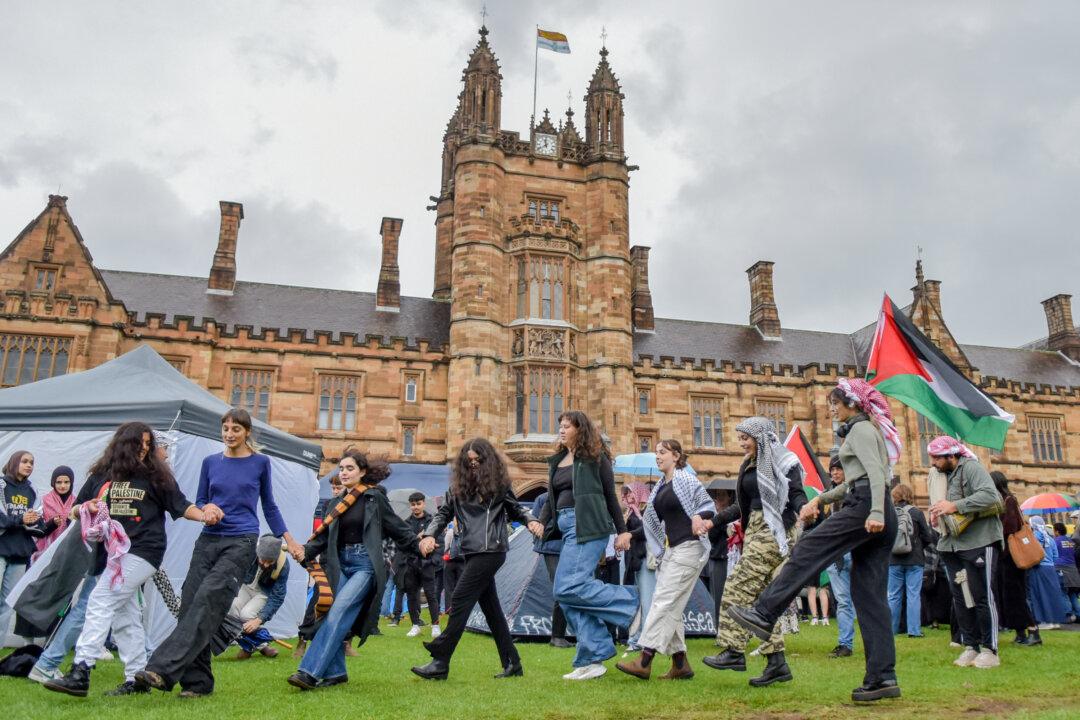The University of Sydney has tightened its rule around campus protests in the wake of controversial pro-Palestinian protest encampment.
While protesters claimed the new conditions would stifle political freedom, the university’s president argued it would provide a safe and welcoming environment for all community members and still support the right to free speech.




